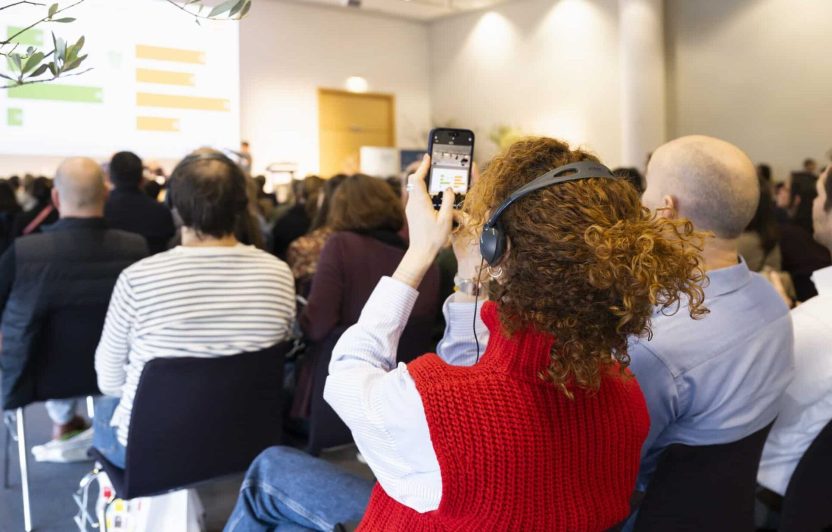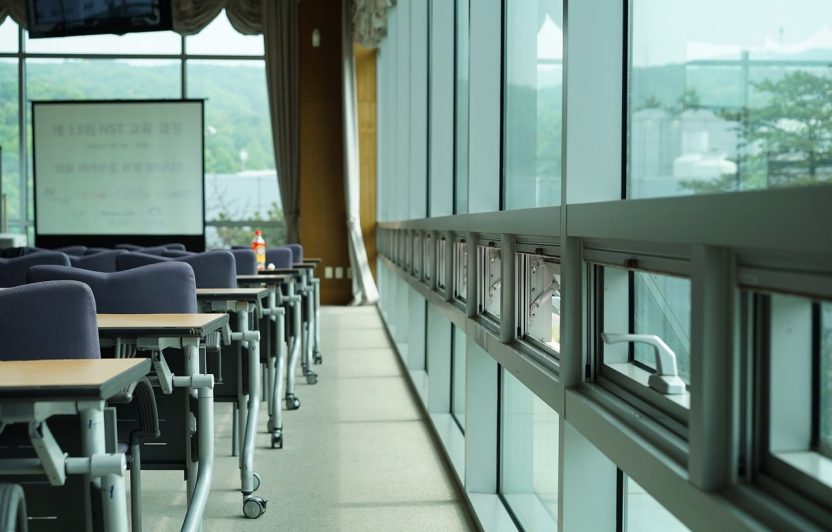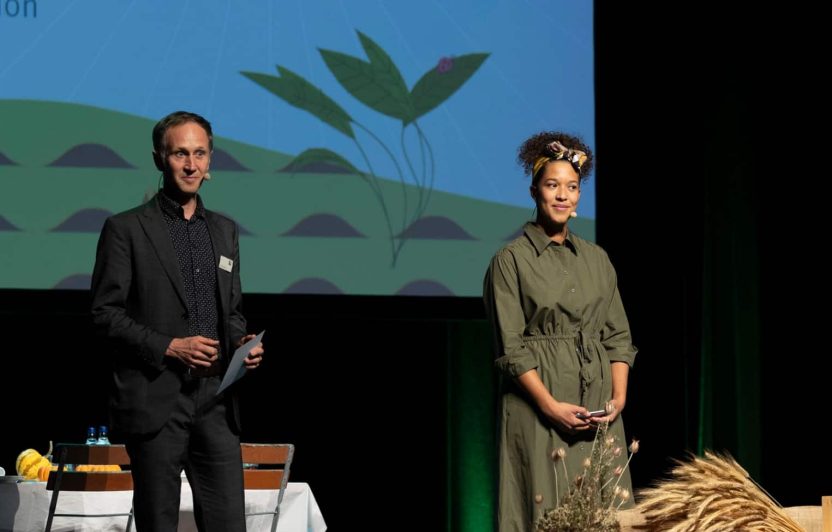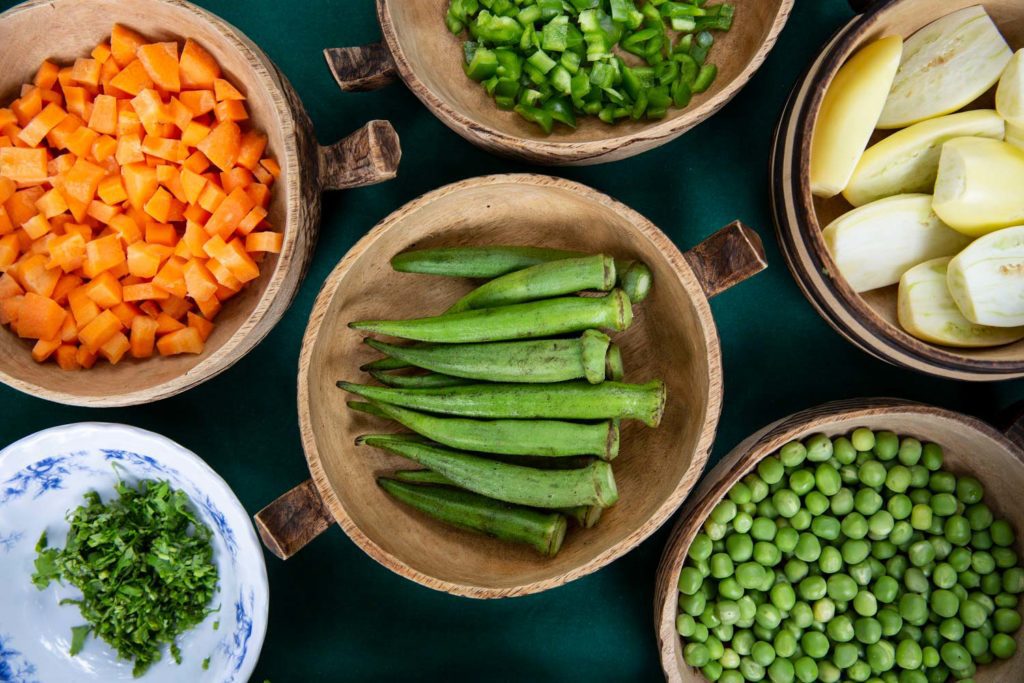
A glance at the current situation shows: the prevailing food system is feeding the world badly. Since 2014, the number of hungry people has been on the rise again. Officially, 690 million people suffer from hunger. Every tenth person is threatened by an acute food shortage. Both figures show an upward trend. This is shocking and requires a look at malnutrition for the full picture.
Poor countries do not provide their populations a balanced diet with sufficient fruits and vegetables or animal products, mostly because of unavailability, difficulties in access or high expense. In wealthy societies, the variety of food people consume is too small, even though they could have access to a balanced diet. On the one hand, malnutrition and undernourishment are increasing, while on the other hand, being overweight is as well. Both scenarios put a strain on people’s health and thus on health systems, as is shown in the latest report by the Food and Agriculture Organization (FAO).
Industrial agriculture is a dead end
Industrial agriculture is not supplying the world with sufficient, healthy food well. In short, one could say that the cost-benefit ratio is terrible: after all, inadequate performance is accompanied by very high costs.
- Large-scale agriculture destroys small-scale, regional structures and thus leads to rural exodus and social problems.
- The expensive use of pesticides poses a major health risk, especially for agricultural workers in poorer countries.
- Monocultures, streamlining, the high use of nitrogen and synthetic pesticides and the use of heavy machinery have led and continue to lead to leached and compacted soils and a dramatic loss of biodiversity and food variety.
Essentially, radical change is needed in the way we produce, market and consume food.
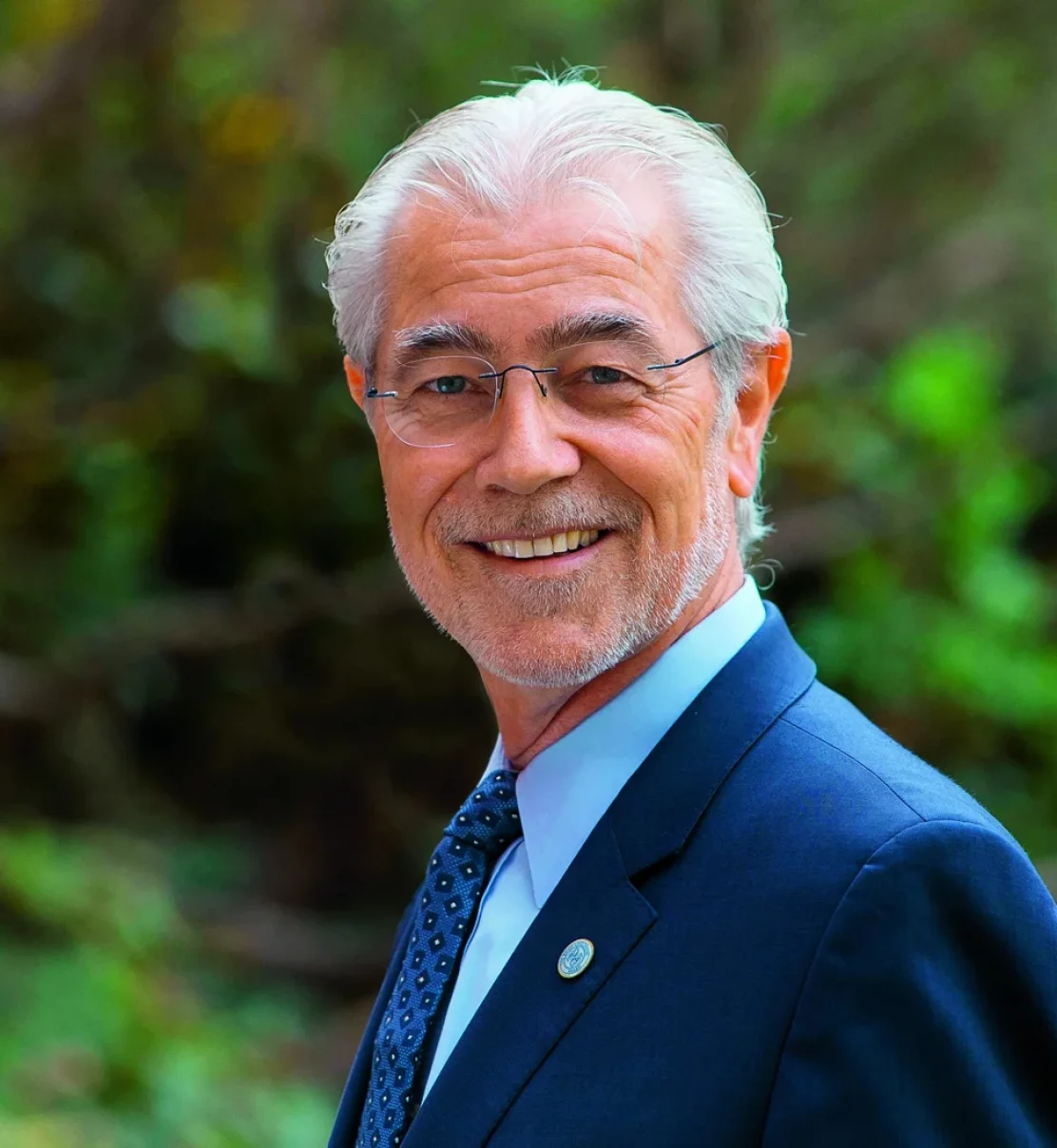
With agroecology we can still achieve SDG 2’s objective for zero hunger
Agriculture based on the principles of agroecology can provide enough food for the world’s population even if it reaches 9 billion by 2050. Agroecology involves the entire food system. It includes not only environmentally friendly production, but also direct and local product marketing to strengthen communities and encourage responsible consumption.
Biovision is convinced that, by redesigning our food system by using the principles of agroecology, we can achieve SDG 2 by 2030. This is also confirmed by various studies (for Europe, see the study by X. Poux from 2018 or the Swiss study by A. Müller, FiBL from 2017; for emerging countries, see Khan, Z. et al., 2011). Biovision therefore supports various projects which implement or research agroecological methods:
- The research and application of agroecological methods always takes place with the involvement of the farmers, so that locally adapted solutions have the greatest possible benefit for the people.
- The “Agroecology Criteria Tool” developed by Biovision enables political decision-makers and farmers to evaluate to what extent their agricultural projects or farms follow agroecological principles. The aim is to raise awareness of sustainable (land) management and to initiate supportive political conditions.
- With Biovision’s support, a platform on agroecology and agrobiodiversity will be launched in Kenya this year under the leadership of the Ministry of Agriculture. The platform will bring together representatives from organisations, the private sector and the scientific community to gather decentralised knowledge on agroecology and exert political influence under a united voice.
- Biovision raises awareness of sustainable consumption in Switzerland because our purchasing decisions in Switzerland often come at the expense of other countries. For example, an Argentinean beef fillet may cost people and animals their rainforest habitat.
- Switzerland frequently promotes agroecology in development projects, as this report shows. However, agroecology is seldom used in Switzerland’s own agriculture. Biovision therefore demands more coherence in Swiss policy.
In view of the extent of hunger and malnutrition, the loss of healthy soil and biodiversity, and the climate crisis, we have no choice but to transform our food system to be socially and ecologically sustainable, which could be made possible through modern, knowledge- and science-based agroecology. Impending disasters can only be prevented if those responsible in politics, business and society take decisive and swift action now. At stake is nothing less than saving our planet and future generations.


